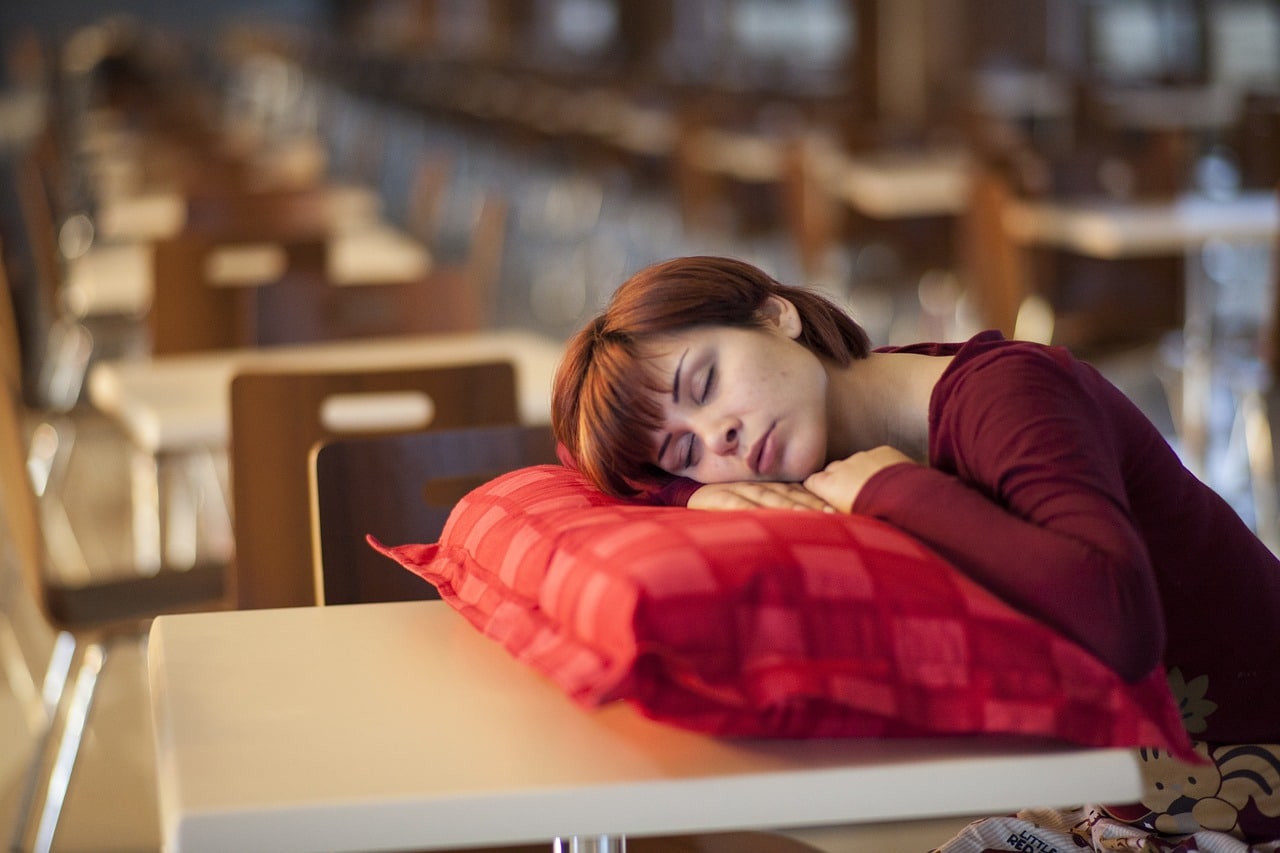Spring sickness, also known as spring fatigue syndrome, is linked to the seasonal change, characterized by the lengthening of the days and the increase in temperatures.
Therefore, the coming of spring and the seasonal change bring some negative consequences with them.
Anxiety, nervousness and insomnia are among the main symptoms that can be felt in the transition time from one season to another.
Other symptoms include intense tiredness and difficulty of falling asleep.
Causes
In most cases, this sickness is caused by climatic changes which can also cause changes in lifestyle. Adapting to a new climate and to the different length of days can generate stress and tiredness.
Therefore, it can lead to a greater number of consequences and disturbances in meteoropatic people.
Among the factors that trigger these disorders there’s the alteration of melatonin and serotonin, linked to the alteration between light and dark. Excluding this hypothesis, which is the most common one, it’s advisable to undergo the proper tests such as those performed at NefrocenterLab.
The disorders caused by spring sickness
The Spring sickness affects the quality of life negatively, with a series of both physical and psychological disorders:
- Anxiety
- Insomnia
- Migraines
- Irritability and moodiness
- Asthenia
- Loss of appetite
- Tiredness and exhaustion
These symptoms have a short life linked to the body’s adaptations to the so-called seasonal changes.
Therefore, after a few days it’s possible to feel better because the circadian rhythm will adapt to external factors.
The circadian rhythm is a sort of internal biological clock that adapts to the various phases of the day, regulating hormonal functions, the alternation of sleep and wakefulness, the body temperature, the heart rate, and the metabolism.
As external conditions vary, the circadian rhythm needs time to “regulate” the biological clock, and during the adaptation phase the body “reacts” with the symptoms listed above.
The spring sickness affects especially women
Statistical studies show that spring sickness affects over 85% of Italians of all age groups.
It’s especially women though who are affected by its many symptoms.
The symptomatology is accentuated in people who are already under stress or habitually suffer from insomnia. People with allergies, especially those affected by spring allergies, are also more affected by seasonal sickness.
Remedies
An effective stress reliever is to exercise, not necessarily by doing competitive sports. Walks or bicycle rides in open spaces help improve mood, thus relaxing the mind and also increasing physical health.
Further countermeasures concern nutrition and therefore a balanced and healthy lifestyle. Group B vitamins are the first source of energy that the body uses for its daily functions.
Food that contains higher amounts of this type of vitamin are eggs, fish, whole grains, and dried fruit.
The contribution of vitamin C is also very important and very suitable for preventing and reducing stress and fatigue.
Among the food remedies there’s obviously also proper body hydration, so drinking a lot of water is necessary. It can also be very useful to drink fruit and vegetable smoothies.
There are no specific drugs to counteract the effects of spring sickness, but it’s possible to rely on multivitamin and multimineral supplements.
However, the abuse of these supplements can cause side effects, therefore their use should always be dosed according to the advice of a doctor.

